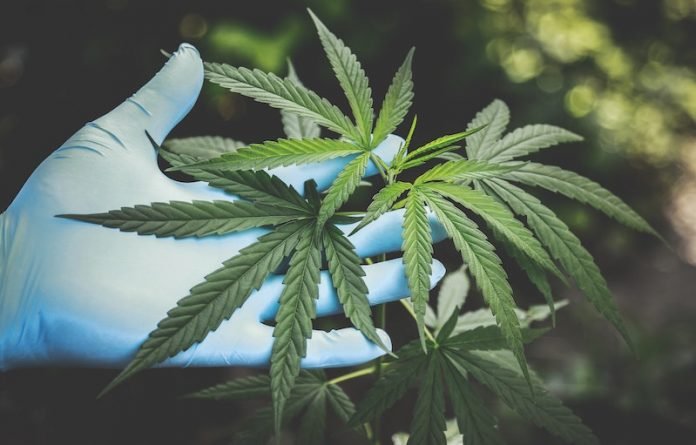
In a recent study from the University of Michigan, scientists found that many people who use medical marijuana products to ease pain also experience multiple withdrawal symptoms when they’re between uses.
They found about 10% of the patients experienced worsening changes to their sleep, mood, mental state, energy, and appetite over the next two years as they continued to use cannabis.
The team says these symptoms come not from their underlying condition, but from their brain and body’s reaction to the absence of substances in the cannabis products, they’re smoking, vaping, eating, or applying to their skin.
When someone experiences more than a few such symptoms, it’s called cannabis withdrawal syndrome, and it can mean a higher risk of developing even more serious issues such as a cannabis use disorder.
In the study, the team did surveys across two years of 527 adults. All the people used medical cannabis and had non-cancer-related pain.
The researchers asked the patients whether they had experienced any of 15 different symptoms – ranging from trouble sleeping and nausea to irritability and aggression – when they had gone a significant time without using cannabis.
They then looked at how things changed over time, surveying the patients one year and two years after their first survey.
The results showed that 41% of the study participants fell into the mild symptoms group, 34% were in the moderate group and 25% were classed as severe.
The team says many people who turn to medical cannabis for pain do so because other pain relievers haven’t worked.
The patients may also want to avoid long-term use of opioid pain medications because they pose a risk of misuse and other adverse health consequences.
The researchers note that people who experience issues related to their cannabis use for pain should talk with their health care providers about receiving other pain treatments including psychosocial treatments such as cognitive-behavioral therapy.
The perception of cannabis as “harmless” is not correct. It contains substances called cannabinoids that act on the brain – and that over time can lead the brain to react when those substances are absent.
In addition to a general craving to use cannabis, withdrawal symptoms can include anxiety, sleep difficulties, decreased appetite, restlessness, depressed mood, aggression, irritability, nausea, sweating, headache, stomach pain, strange dreams, increased anger and shakiness.
If you care about health, please read studies about vitamin D and COVID-19, and cannabis use disorder may be linked to a growing number of heart attacks.
For more information about health, please see recent studies about the cause of severe inflammation in COVID-19, and results showing this drug duo may help cure COVID-19.
The study was conducted by Lara Coughlin et al and published in Addiction.
Copyright © 2022 Knowridge Science Report. All rights reserved.



